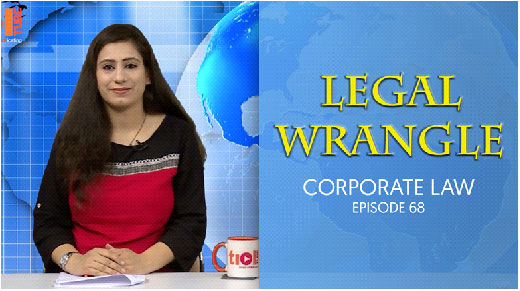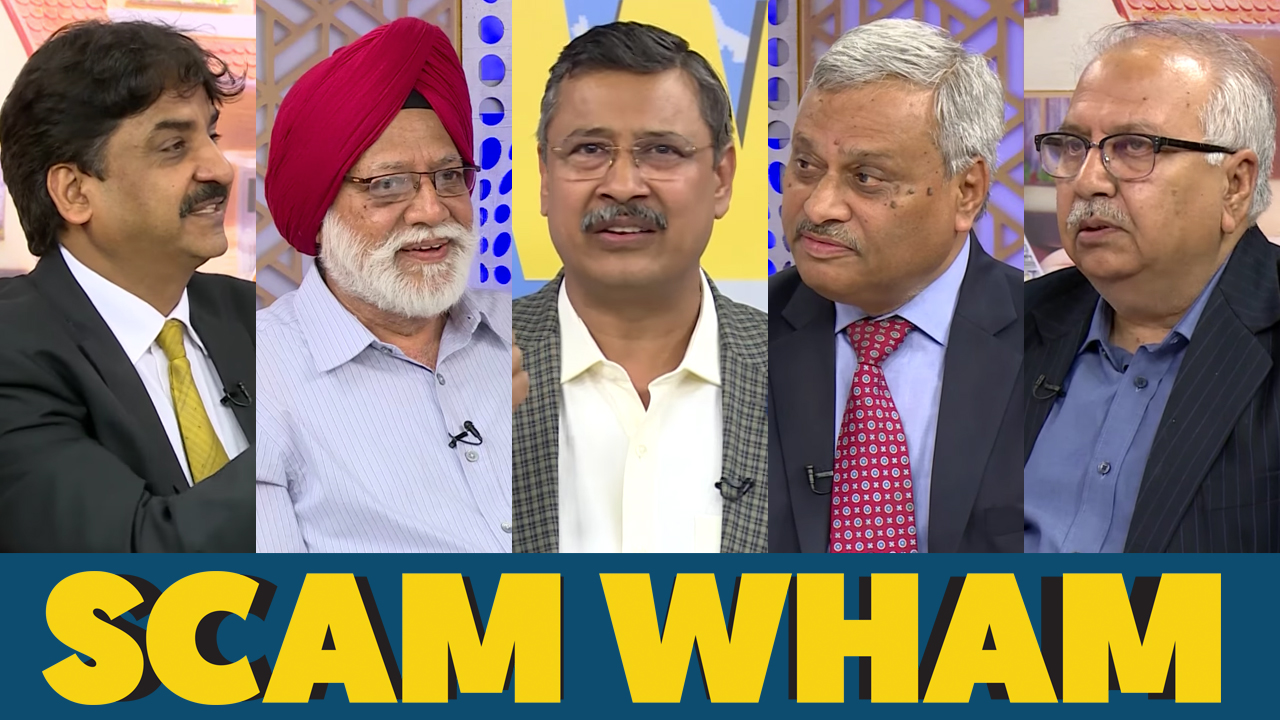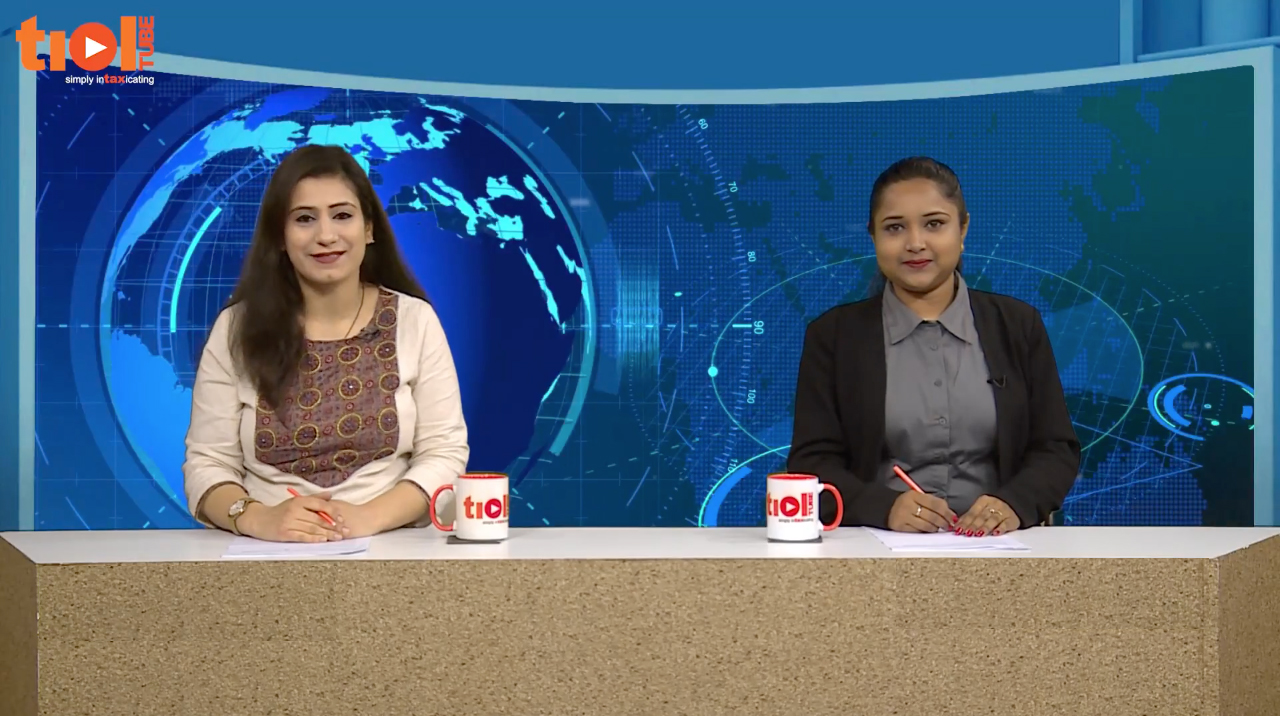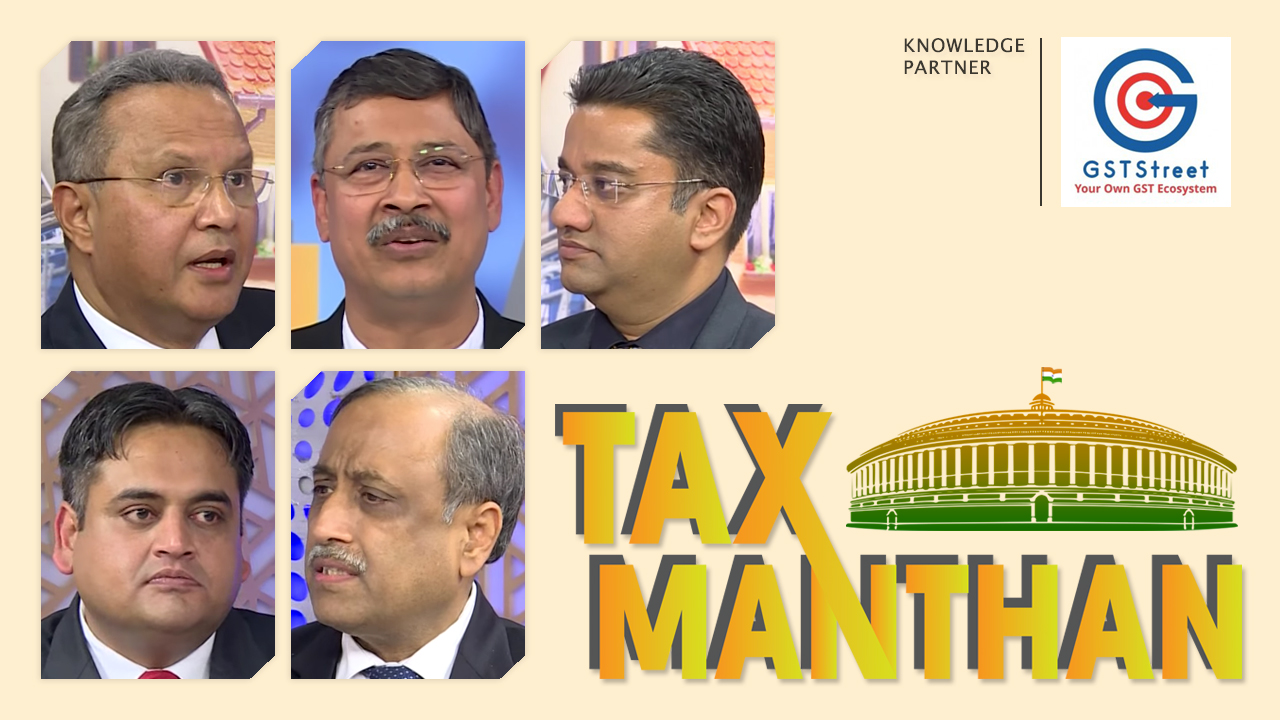2018-TIOL-746-CESTAT-DEL
Bharat Petroleum Corporation Ltd Vs CCE & ST
CX - Assessee engaged in refining and marketing of petroleum products, having its refinery in Mumbai and network of installation, depots all over country - The crux of dispute is regarding inclusion of freight charges in assessable value of goods, cleared to other OMCs and Stock transferred to depot - In terms of Rule 5 of CER, 2005, if goods are sold for delivery at a place other than the place of removal, then cost of transportation up to the place of delivery shall be excluded - As per the sample invoices, freight is not included in transaction value and sale is ex-warehouse, consequently no justification found for adding the freight amounts recovered separately from customers - Accordingly, demand made in respect of clearances to OMCs set aside - As regards to goods sold from the depot - In terms of Rule 7 of CEVR, duty is required to be paid at the time of clearance from the warehouse at the price at which like goods are sold from the depot contemporaneously - This would imply that price at depot will include the cost of transportation from warehouse to the depot - In the light of claim of assessee that the depot price includes the element of freight from warehouse to the depot; there appears no justification to add further amount towards freight - However, Tribunal is unable to extend such relief in absence of verification of such claim - Tribunal is constrained to remand the matter one more time for carrying out the verification: CESTAT -
Matter remanded
: DELHI CESTAT
2018-TIOL-745-CESTAT-DEL
Topworth Steels and Power Pvt Ltd Vs CCE
CX - Assessee engaged in manufacture of sponge iron, M.S. billet, M.S. Beam and M.S. channel - During verification, shortage were noticed in respect of some of finished products such as beams, billets and blooms - Further, it was noticed that certain goods viz; fly ash arising in course of burning of coal in furnace as well mill scale which is generated in course of manufacture of M.S. beams/ channels were being cleared from factory without payment of duty - With reference to fly ash emerging during process of burning in furnace, Tribunal in several cases has consistently held that fly ash is in nature of process waste and no duty will be payable on such goods - An identical issue has come up before Tribunal in case of Jai Balaji Industries Ltd. 2017-TIOL-2560-CESTAT-DEL - By following said decision demand on fly ash set aside.
As regards to duty demand raised on mill scale, similar issue has come up before Bombay High Court in case of Hindalco Industries Limited 2014-TIOL-2266-HC-MUM-CX wherein it is held that dross and skimming are merely the refuse, scum or rubbish arising in process of manufacture of aluminium sheets and, therefore, cannot be said the result of treatment, labour or manipulation whereby a new and different article emerges with a distinctive name, character or use - By following the said decision, mill scale is not liable for levy of excise duty.
Regarding the demand of duty on shortages of finished products, assessee has claimed that such shortages was as a result of stock verification on eye estimation basis and not on the basis of actual weighment of goods - The stock taking was carried out by Officers in factory in presence of Authorised Signatory and panchas - After accepting the process of verification, it is not open to assessee to challenge the conclusion of stock taking at this stage - Once assessee has accounted the finished products manufactured in its record, it is incumbent upon him to clear the same after payment of proper Central Excise duty - Having failed to do so, assessee will be liable to pay such duty alongwith interest as has been done in the impugned order. -
Appeals partly allowed
: DELHI CESTAT
2018-TIOL-744-CESTAT-CHD
Ess Ess Kay Engg Co Pvt Ltd Vs CCE
CX - Basis of SCN is that during defaulted period, assessee has paid duty by utilizing Cenvat Credit account - Provisions of Rule 8 (3A) have been declared ultra vires by Gujarat High Court in case of Indsur Global Ltd. 2014-TIOL-2115-HC-AHM-CX and Delhi High Court in case of Space Telelink Limited held that although the decision in case of Indsur Global Ltd. has been stayed by Apex Court but the decision of High Court is the law unless and until, the same is set aside, is not binding on Tribunal, therefore, demands are to be set aside - Therefore, since utilization of Cenvat credit account, during default period has been declared ultra vires, therefore assessee has not violated provisions of Rule 8 (3A) of CER, 2002 - If availability of Cenvat credit is taken into account, no demand is sustainable against assessee - Therefore, demands confirmed by impugned order are set aside - As goods are not available for confiscation and not cleared under any bond, therefore, redemption fine cannot be imposed on assessee in light of larger bench decision in case of Shiv Kripa Ispat Pvt.Ltd. 2009-TIOL-388-CESTAT-MUM-LB - Therefore, redemption fine imposed on assessee is set aside - Penalties have been imposed on assessee under Rule 25 & 26 of CER, 2002 - As penalty under these rules can be imposed subject to condition of section 11AC of the Act but the ingredients of section 11AC are missing - Therefore, penalties under Rule 25 and 26 are not imposable on assessee - Therefore, penalties imposed on assessee under Rule 25 & 26 are set aside - As per Rule 8 (3A) of CER, 2002 as they were not paying duty on consignment wise, in that circumstance, during defaulted period, penalty is imposable - For such default, provisions are invokable of Rule 27 of CER, 2002 which prescribes a penalty of Rs.5,000/- during period in default can be imposed on assessee - Therefore, by invoking provisions of Rule 27 of CER, 2002, penalty of Rs.5,000/- imposed on main assessee: CESTAT -
Appeals partly allowed
: CHANDIGARH CESTAT
CUSTOMS SECTION
NOTIFICATION
dgft17not052
Amendment in Para 2.17 of the Foreign Trade Policy 2015-20 on Prohibition on direct or indirect import and export from/to DPRK (Democratic People’s Republic of Korea) in terms of UNSC resolutions concerning DPRK
CASE LAW
2018-TIOL-747-CESTAT-CHD
John Deere India Pvt Ltd Vs CC
Cus - Assessee filed one bill of entry declaring goods as combine harvester parts which have been imported against two invoices - The claim of assessee is that goods mentioned in both the invoices have been imported by one bill of entry - All the goods mentioned in both the invoices as parts of combine harvester - Parts are numbered and if all these parts used altogether then harvester system which has been imported by assessee in SKD condition can be manufactured otherwise not - The report of chartered engineer is not conclusive evidence for Revenue to hold that goods in question are of general use - From the circumstance placed, the goods are parts of harvester combine - As per sub Rule, goods are classifiable under heading which occurred last in numerical order among those which equally merit consideration -Chapter heading 84339000 is proper classification of the goods in question - Therefore, assessee has correctly classified the goods in question - As it is case of interpretation of classification, therefore, goods are not liable for confiscation and no redemption fine is imposable on said goods - Consequently, no penalty is imposable on assessee: CESTAT -
Appeal allowed
: CHANDIGARH CESTAT








